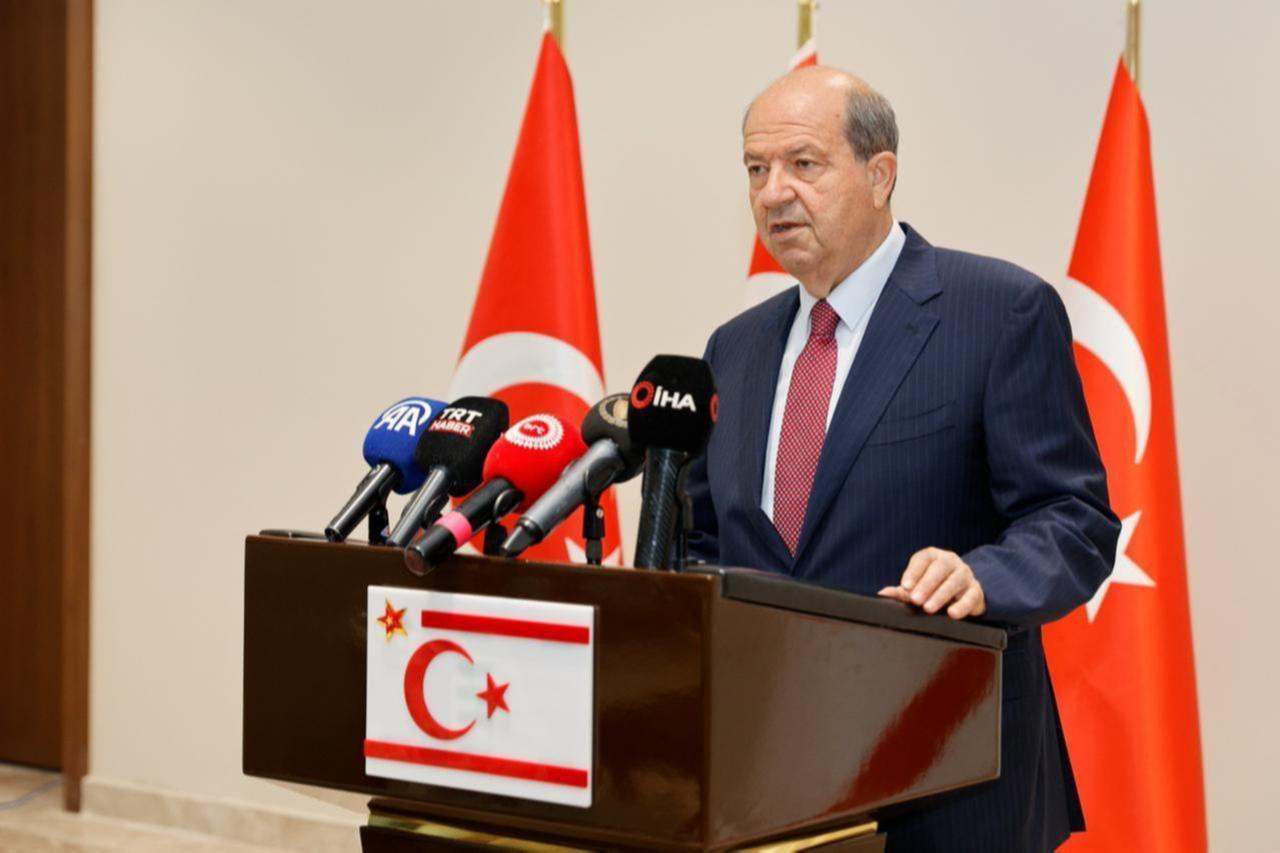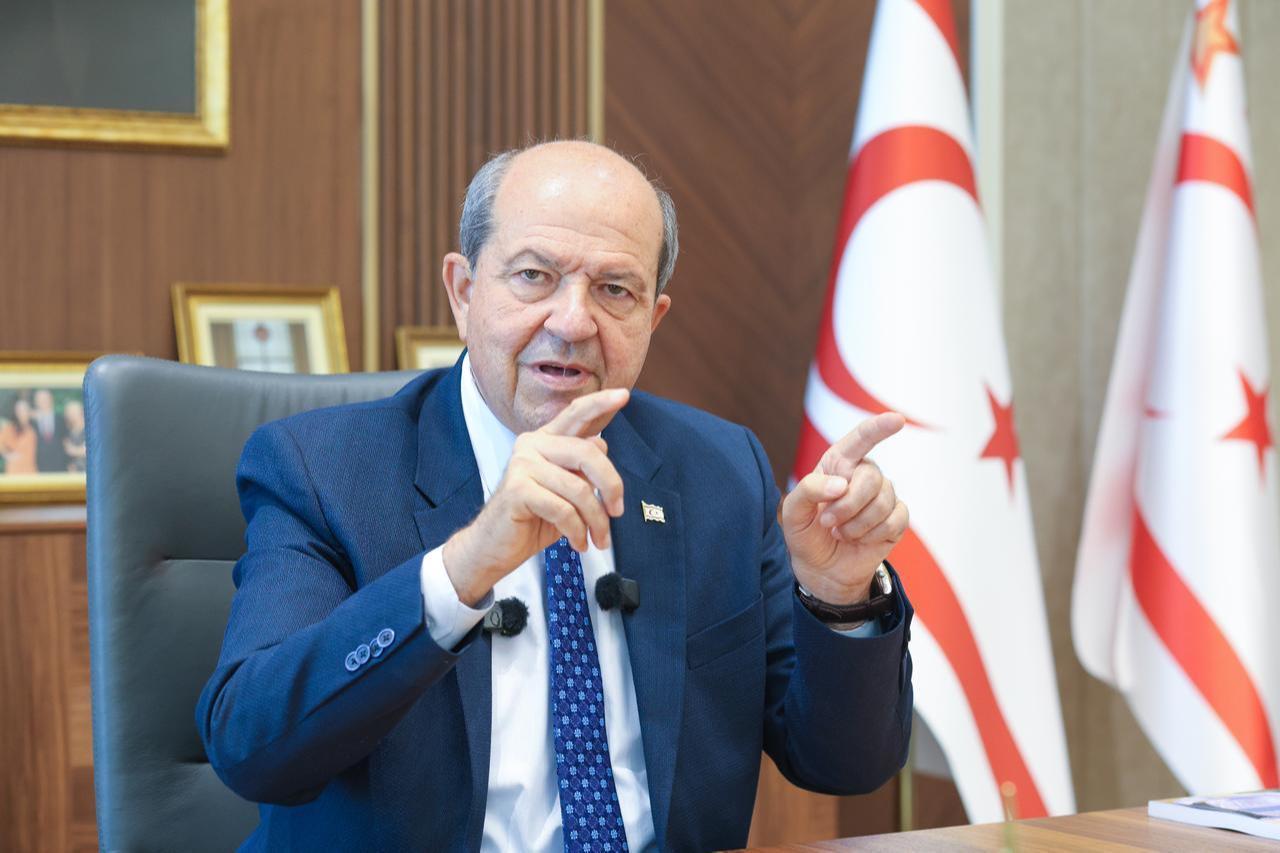
The president of the Turkish Republic of Northern Cyprus (TRNC) declared that his administration has definitively abandoned federalization talks with Greek Cyprus on Sunday, signaling a major shift in the decades-long reunification negotiations.
President Ersin Tatar announced the policy change following trilateral meetings in New York with UN Secretary-General António Guterres and Greek Cypriot leader Nikos Christodoulides. Speaking at a press conference at Ercan Airport upon his return, Tatar said his government would now pursue only a two-state solution with sovereign equality.
"We have informed the United Nations that the federation chapter is closed," Tatar stated. "We told Secretary-General Guterres that our position is clear. The future of Cyprus involves cooperation between two states."
The Mediterranean island has remained divided since 1974, when Türkiye intervened following a Greek-backed coup. The northern third is controlled by Turkish Cypriots and recognized only by Türkiye, while the internationally recognized Republic of Cyprus governs the southern portion.
Tatar said Christodoulides had requested that negotiations resume from where they left off during failed talks in Crans-Montana, Switzerland, in July 2017. Those discussions, widely seen as the most promising reunification effort in years, collapsed over disagreements on security arrangements and territorial adjustments.

The Turkish Cypriot leader accused the Greek Cypriot administration of undermining reconciliation efforts through what he described as human rights violations against Turkish Cypriot investors and contractors. He claimed some businesspeople had been arrested while others were reported to Interpol.
"Despite all efforts to create a good atmosphere with the support of the UN Secretary-General, the Greek side is arresting investors in Northern Cyprus (Turkish Cyprus) in violation of human rights," Tatar said.
He also criticized restrictions on Turkish Cypriots and alleged efforts to reduce student enrollment at Turkish Cyprus universities.
Secretary-General Guterres has maintained a policy of keeping Cyprus negotiations active, though progress has remained elusive. The UN has overseen reunification talks for decades through various formats, with the most recent significant attempt ending in 2017.
The two-state approach advocated by Tatar represents a fundamental departure from UN resolutions calling for a bizonal, bicommunal federation. This position aligns with Türkiye's recent diplomatic stance but faces opposition from the European Union, which supports federalization as the path to reunification.
Cyprus joined the EU in 2004, though EU law remains suspended in the northern areas pending a political settlement.